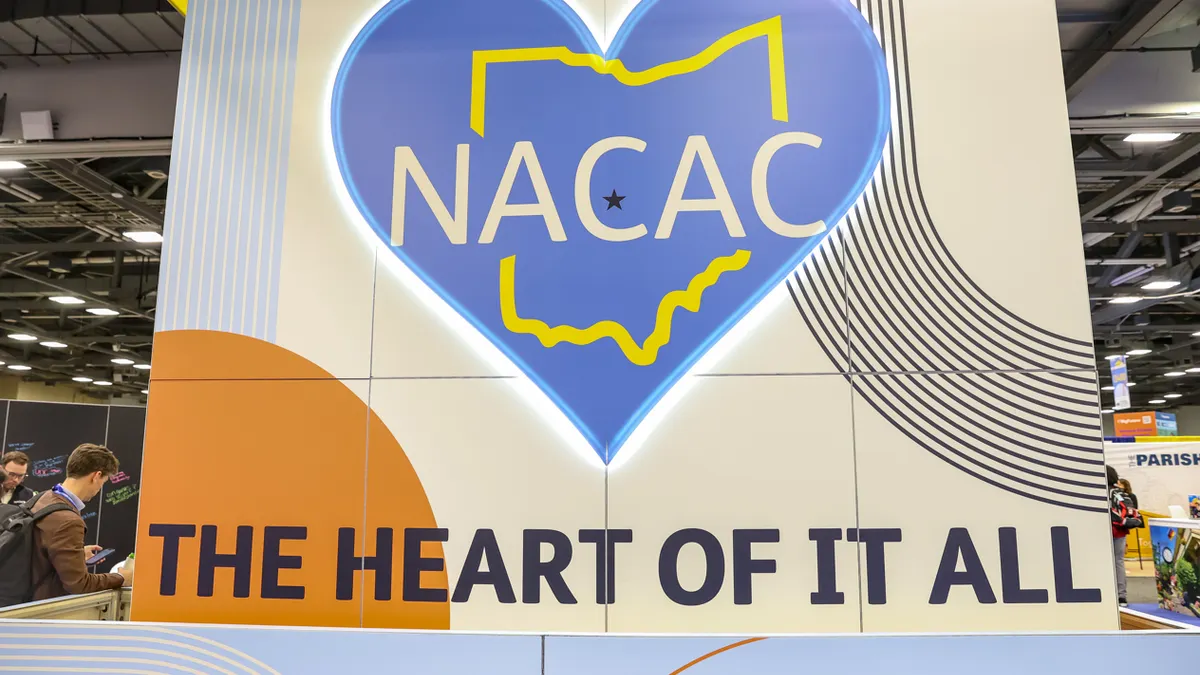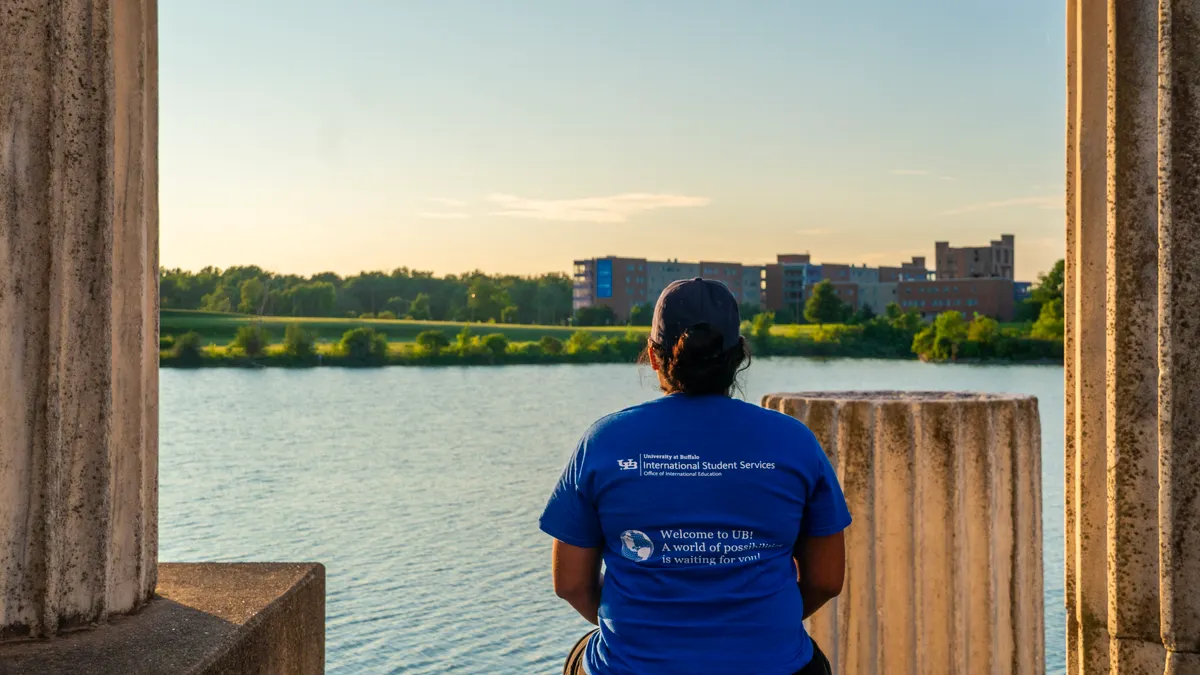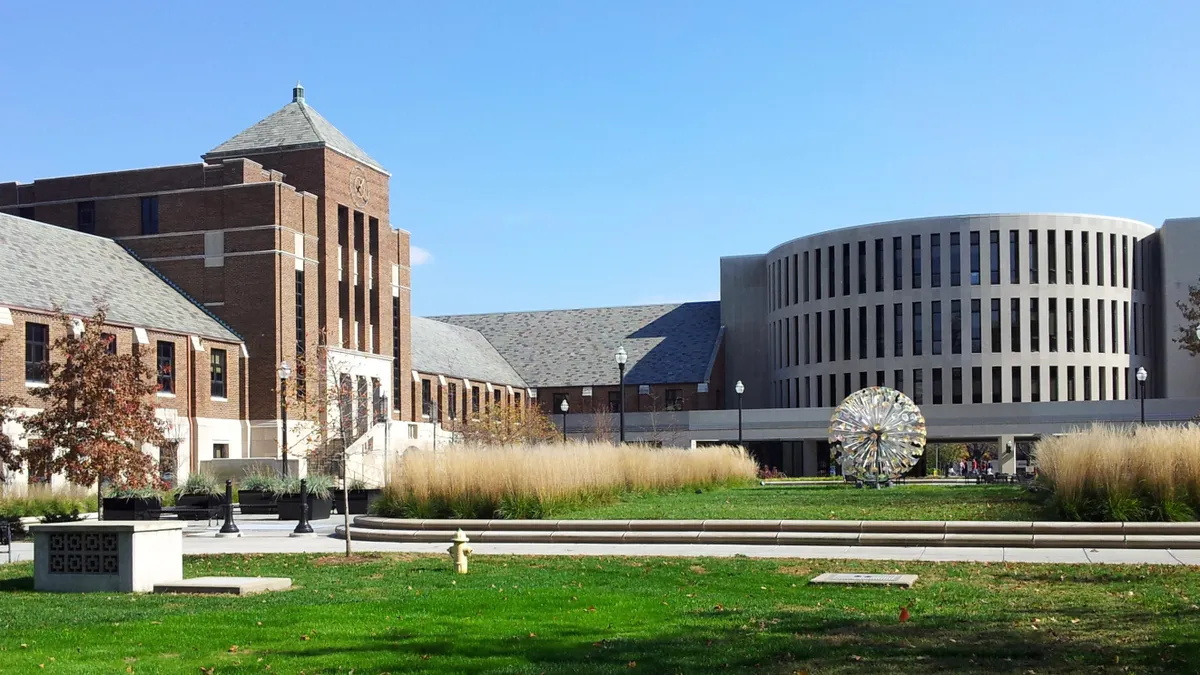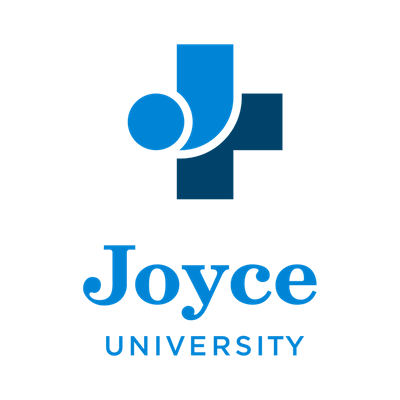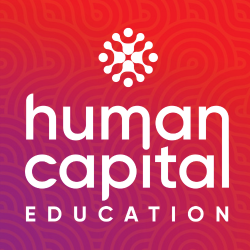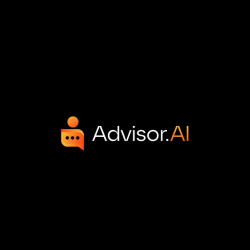Recent grads are prepared for the entry-level jobs they take up after college, but they're less able to advance up the ladder from there.
That's according to a report released today from the Association of American Colleges and Universities (AAC&U) based on two parallel online surveys of roughly 500 business executives and 500 hiring managers and others involved with hiring at private sector and nonprofit organizations.
Both groups rated skills such as oral communication, critical thinking, effective teamwork, self-motivation and written communication as important. But they found new graduates lagging in critical areas.
For example, fewer than half of executives (40%) and hiring managers (47%) perceive colleges graduates to have strong ("well prepared") oral communication skills. And just one-third of executives (33%) and a slightly larger share of hiring managers (39%) said recent graduates are "very well prepared" to apply knowledge and skills gained in college to real-world settings.
To better understand how college administrators can help ensure new graduates are able to meet the needs of their future employers, Education Dive spoke with Lynn Pasquerella, AAC&U president and former president of Mount Holyoke College.
EDITOR’S NOTE: The following interview has been edited for brevity and clarity.
EDUCATION DIVE: Most business leaders and hiring managers surveyed think the time and cost of a college education is worthwhile. Considering the debate over the value of a degree today, is the assumption that industry will continue to use degrees as major criteria for hiring?
LYNN PASQUERELLA: They're recognizing that the skills necessary for grads to thrive in the workplace are also required in higher education. They also endorsed applied and project-based learning as the best preparation for career opportunities and long-term success.
For a long time, we've been arguing not only that the best education we can offer is the liberal education — which prepares students to write, think and speak with precision, coherence and clarity — but also that we have to offer our students an integrative approach to learning so disciplines aren't viewed as siloed but instead as perspectives to the same end. The more practice we can give students working in teams on real-world problems, the more likely we think they are to succeed in the workplace.
The report notes that relatively small shares of executives (15%) and hiring managers (13%) are "very satisfied" with graduates' abilities to do just that — to apply what they learned in college to problems in the workplace. Is that reflective of employers' outsized expectations, or is there a bigger disconnect between academia and industry in terms of putting the pieces together in the workplace?
There has been a disconnect, especially in liberal arts institutions. The notion was that higher ed provided this pastoral retreat to reflect on larger questions separated from the practical matters of everyday life. We're now seeing the need to connect curriculum to career to ensure the liberal education our students are receiving can be applied to real world problems. One driver of this study was to try to restore public trust and the promise of liberal education and inclusive excellence. We haven't yet been able to demonstrate in the most compelling way that our students have the skills necessary to succeed in the workplace.
What could that indicator be?
We're looking at portfolios that demonstrate the work students can do and how it is transferable to the workforce. That is part of our work around the valid assessment of learning and undergraduate education, moving away from standardized tests or grades to look at how students are applying learning to signature projects, such as capstone experiences. And then how can we communicate that to employers?
Many institutions establish portfolios the minute a student enters campus and use that to create scaffolded assignments that are increasingly complex and challenging. As students have internship or apprenticeship experiences, they're able to make the connection between how that curriculum informs the skills they will be demonstrating in the workplace.
What does that look like at the classroom level?
We hope faculty will begin to develop assignments that take into account the skills employers want. One way to do that is by embedding practitioners in the classroom to team-teach courses, so you have a theoretician and somebody who is practicing a particular discipline. Most people in the academy have only been in the academy. If we're preparing students for multiple jobs, then we need to have diverse perspectives in preparing them.
The report found that new grads were largely capable of performing entry-level jobs, but they struggled to advance. Is it colleges' responsibility to teach students how to get promoted in their first job?
I've talked to a lot of employers who say students come in eager, they're prepared, they can tackle the job head-on, but then after six months they want to be promoted or the work becomes tiresome. Those dispositions are things we can help engender in students — to be in there for the long haul, to accept challenges, to understand the complexity of organizations and what it takes to advance to the next level. But we can't do it alone. We have to work with businesses to provide internship opportunities that are going to foster those dispositions. Many internship opportunities are not as robust as they should be in helping students move from curriculum to career.
Often, universities don't oversee all of a student's internships. What can higher ed do to help ensure those experiences are valuable?
Having career services faculty take seriously the feedback they're getting from students who are placed in internships. Making sure they are meaningful learning experiences and not just delivering coffee or filing paper. And asking students to reflect on those experiences in relation to the curriculum, such as writing in journals or putting together portfolios that discuss how the experience connected to career aspirations.
What should higher ed administrators be looking for in employers to help manage expectations of interns and recent graduates?
Take seriously the responsibility of having an intern and ensure they're getting the proper guidance and experience that will help them thrive and progress. For new employees, provide professional development opportunities. We believe one of the values of a liberal education is the desire to engage in lifelong learning, so how is that manifested in the workplace? What opportunities are provided for employees who want to move to the next level?
What else do you see to be a critical takeaway from this survey?
One of the biggest challenges in higher education today is growing economic segregation, where students have been underserved or funneled into technical pre-professional programs at the expense of a broad-based liberal arts education. That will, I think, exacerbate this economic segregation. Making sure all students, whether they are in community and technical colleges or residential liberal arts colleges, have the opportunity to engage in hands-on applied learning and internship opportunities is more important than ever.








